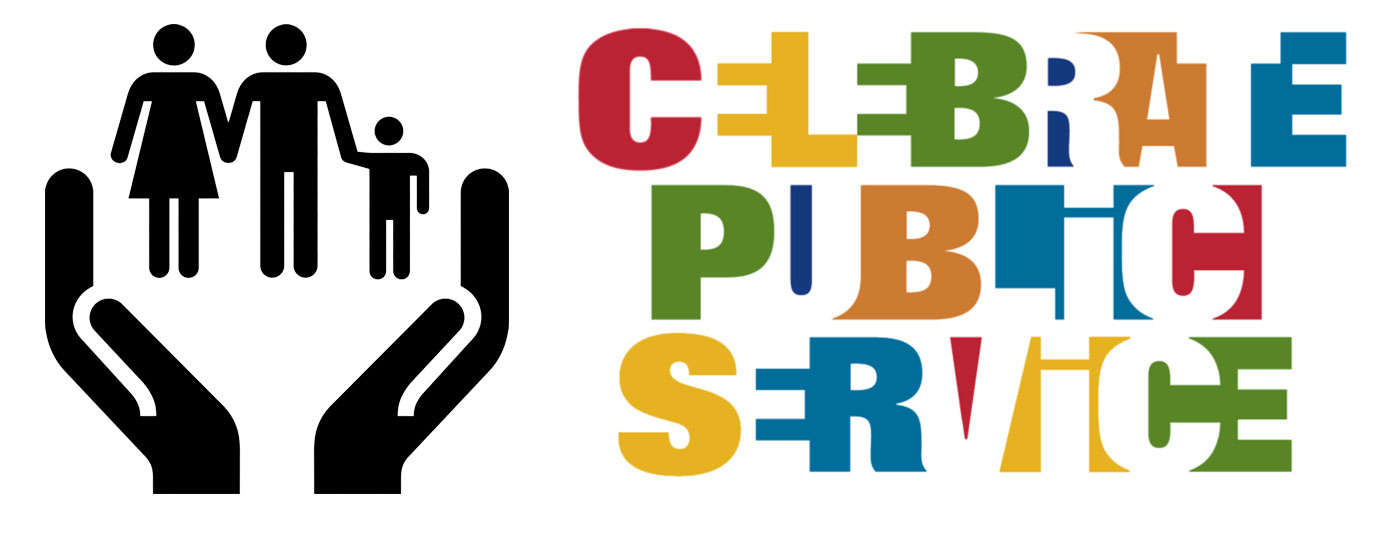One primary concern of the electorate as we go into this 2020 parliamentary election is corruption. The question being asked is how can they entrust another administration with proper management of our resources with good governance and its important principles of accountability, transparency, fairness and the rule of law? Good governance is the management, control, direction of the affairs of people who are the stakeholders for their common good, in a way that there is accountability, transparency, integrity, responsiveness, respect for the rule of law…
On the Channel 5 evening news November 4 (https://edition.channel5belize.com/archives/211051), the leader of the opposition Hon John Briceno said that a PUP government would improve on governance by strengthening oversight organizations, namely the Auditor General’s Office, Public Accounts Committee, Integrity Commission, Contractor General’s Office etc., including establishing an Anti Corruption Commission. Governance is exercised through public sector organizations, the public service, quasi government organizations along with oversight agencies. All of these should be the bulwark of stability in the execution of the formal framework in the exercise of governance, via laws, regulations, guidelines, policies, code of ethics. The framework describes how governance functions are performed, who is involved, what form the involvement takes. Invariably though, in a face to face society such as ours, the informal framework in the exercise of governance kicks in; it is the organization’s tradition, culture, personalities, the “who you know”? The informal framework is how abuses of power and corruption occur. So strengthening the oversight organizations is a significant step forward.
The public service is where the frontline of governance takes place. The size of the Belize Public Service (BPS) is relatively unknown. Besides the established workers, there can be any number of unestablished and contract workers from time to time. The BPS consists of ministries and departments divided into three areas or domains. The Prime Minister and Cabinet is the policy domain and it is at the top or apex of the BPS organogram, The Public Service Commission along with the Ministry of the Public Service and the Ministry of Finance make up the management domain. The former being responsible for human resource management and the latter financial management. The other ministries are line ministries performing as the service domain—e.g. agriculture, education, health etc. All ministries and departments are managed by CEOs and senior officers.
The people as stakeholders and customers to these organizations have a responsibility, a watch dog in the governance of our public organizations. Firstly, to be aware of the strategic directions of the management domains and each line ministry as an important tracking mechanism. Secondly, as users of the services offered, to recognize and not to encourage the informal exercise of governance. Lastly, is to demand accountability and transparency—when have you seen, read or have access to an annual report or project report from a department and/or ministry of government? A report is accountability, giving an account how the affairs of people are managed, of how funds are spent on behalf of the people who are customers. Also the accessibility and timeliness of these reports is transparency, which is equally as important.

